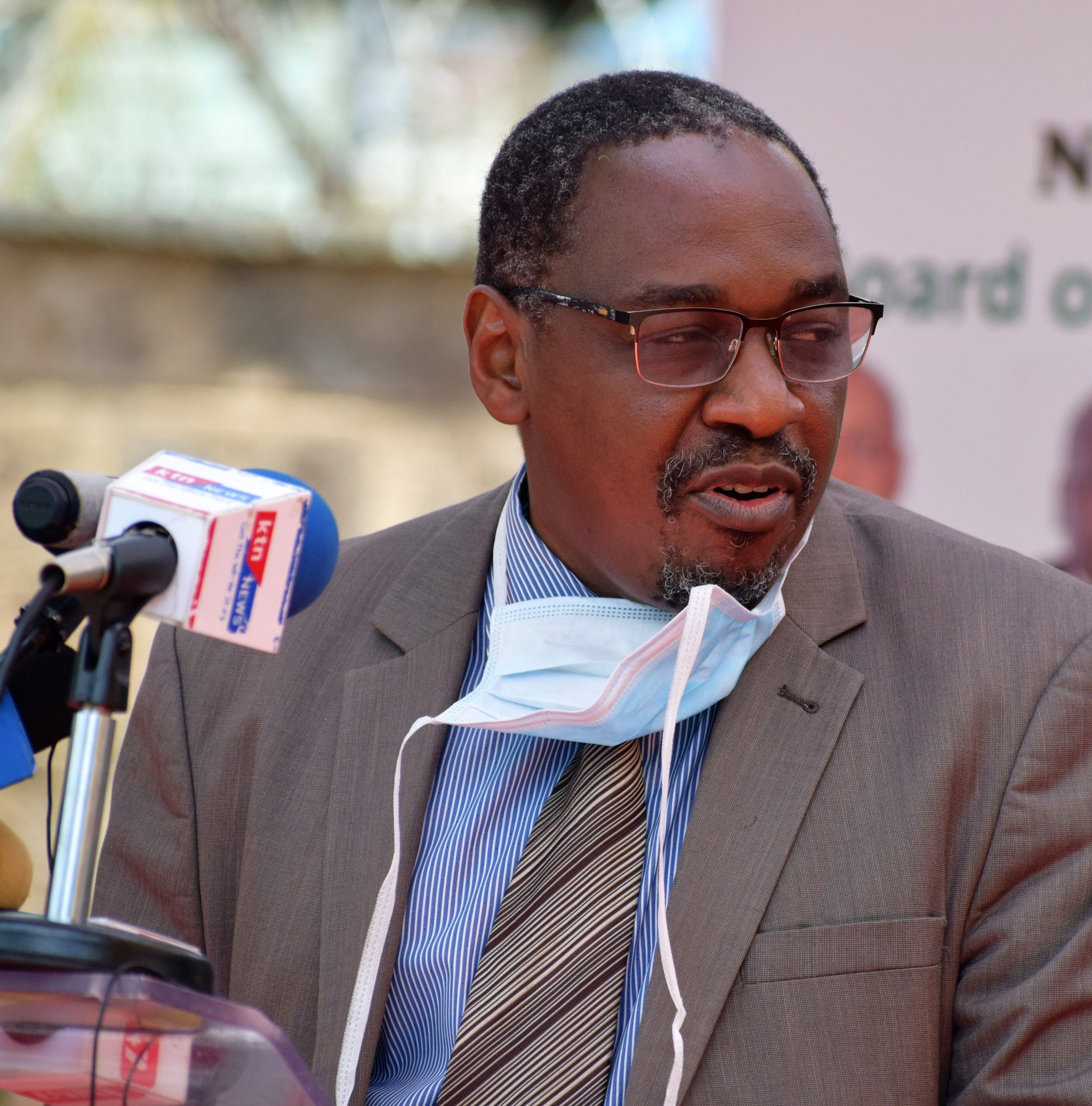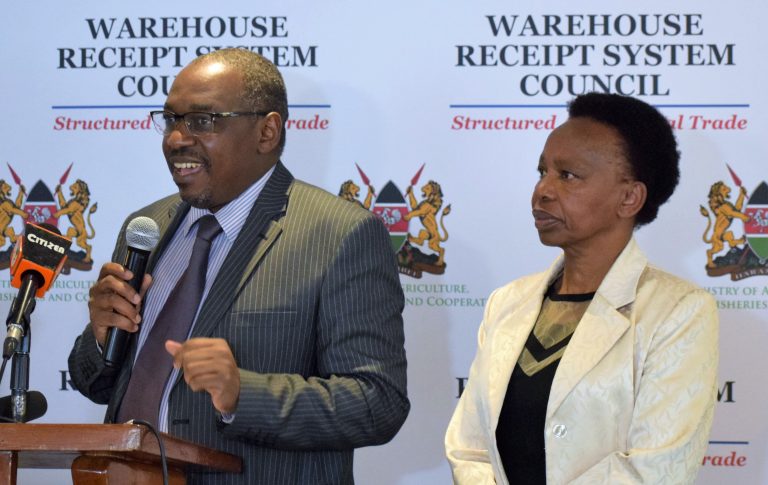Kenya has launched the Inter-sectoral Forum on Agro-biodiversity and Agro-ecology (ISFAA) to promote mainstreaming of Biodiversity and ecosystem service within the agriculture sector and its landscapes. The main objective of ISFAA is to provide a platform through which stakeholders on agro biodiversity and agro ecology can interact to share Knowledge and information, influence policy and fundraise.
It arose as one of the outputs of the project “Biodiversity and Ecosystem Service in agrarian landscapes” which is being implemented by the Ministry of agriculture, Livestock, Fisheries and Cooperatives and Ambero Consultants with the financial support from GIZ.
Speaking during the virtual launch of the forum, Prof Hamadi Boga, the PS State Department for Crops development & Agricultural Research in the Ministry of Agriculture, Livestock, Fisheries & Cooperatives said that he was confident the proposed inter-sectoral forum will achieve its objective of providing a platform through which stakeholders, both in biodiversity conservation and agricultural production, can interact, share knowledge and implement joint programmes that will mainstream biodiversity and ecosystem services in the agricultural sector and landscapes.
“Biodiversity plays a critical role in providing food and feeds among other requirements for the wellbeing of mankind. Kenya’s economy heavily relies on agriculture for its economic growth, which is intricately linked to a healthy environment, Conservation and sustainable utilization of biodiversity,” said Prof Boga.
The PS added that Agricultural expansion is the most widespread form of land use change, with over one third of the terrestrial land surface being used for cropping and or animal husbandry globally and the situation is closely replicated in Kenya.
“Crop and livestock production remain the main source of livelihood for most Kenyans, with about 48% of Kenya’s land area under agricultural production. The rate of conversion of land into agriculture and settlement is quite high and in line with high rate of population. This has had serious implication like soil erosion, destruction of Natural habitats, chemical pollution and climate change among others. My ministry is continually taking measures to ensure agriculture can be one of the solutions biodiversity degradation,” opined Prof Boga.
According to the report of the Intergovernmental Science-Policy Platform on Biodiversity and Ecosystem Services (IPBES) in 2019, local varieties and breeds of domesticated plants and animals are disappearing at a global level. These rapid declines in biodiversity and ecosystem services mean that most international societal and environmental goals, such as the Aichi Biodiversity Targets and the 2030 Agenda for Sustainable Development, will not be achieved based on current trajectories (IPBES 2019).



